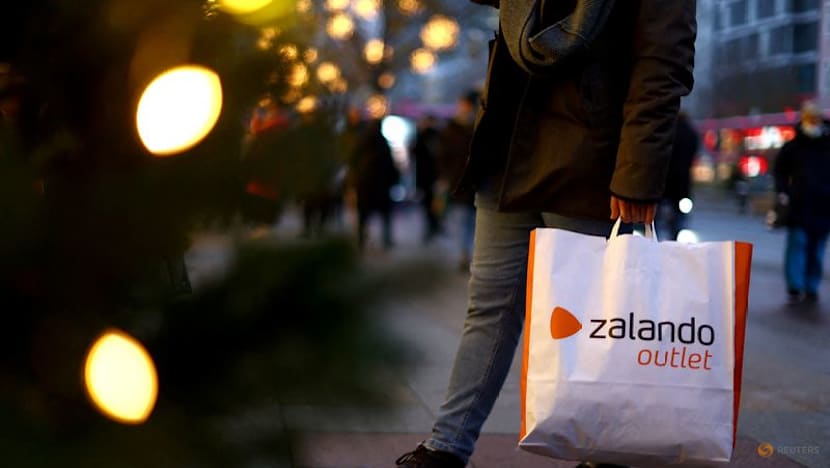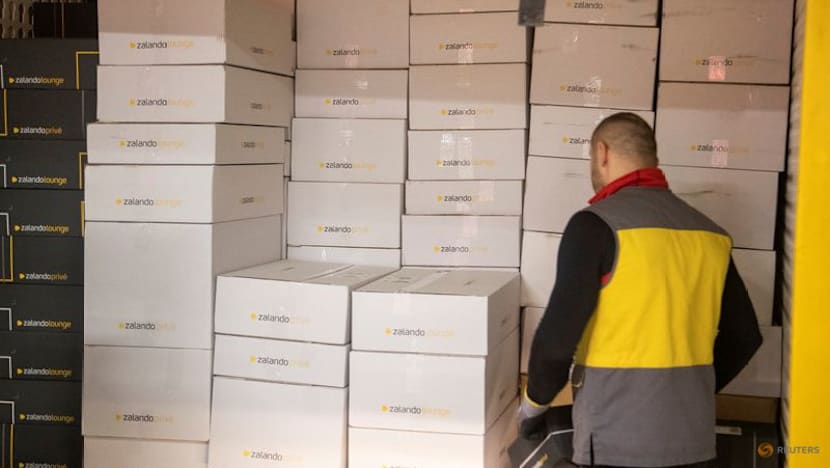Fashion retailer Zalando loses key EU court battle over online content rules


BRUSSELS :Fashion retailer Zalando lost a court battle against EU online content rules on Wednesday, boosting EU tech regulators' efforts to force online platforms to do more to tackle illegal and harmful content on their platforms.
Zalando, Europe's biggest online fashion retailer, sued the European Commission after it was designated as a very large online platform (VLOP) under the Digital Services Act (DSA).
That put it in the same category as Alphabet's Google and Meta Platforms, and subject to onerous DSA requirements.
The Digital Services Act has sparked the ire of U.S. President Donald Trump, who has threatened to retaliate against any moves against Big Tech, with some U.S. politicians and companies calling it online censorship.
The Commission said the ruling sent a message to U.S. critics.
"Today's judgment confirms once again that the DSA is a non-discriminatory tool. It applies to all online platforms in the EU, including European ones like Zalando," a Commission spokesperson said.
Zalando had argued that it differs from other online giants and that it is a hybrid service, selling its own products as well as those provided by partners.
The Luxembourg-based General Court disagreed.
"The General Court dismisses Zalando's appeal against the designation of its eponymous platform as a very large online platform," the tribunal said.
FIRST COMPANY TO CHALLENGE THE DSA
Zalando's challenge is the first by a company against the Digital Services Act. The General Court will rule next week on Meta and TikTok's challenges against fees aimed at covering the Commission's cost of monitoring their compliance with the DSA.
Judges said the EU tech regulator was correct in assessing Zalando's average monthly active users at more than 83 million, not the 30 million it claimed on the basis of the gross value of sales generated under its so-called Partner Programme.
The judges said this was because Zalando itself could not distinguish which of its 83 million people active users were or were not exposed to information provided by third-party sellers.
Zalando said it was disappointed by the ruling and would appeal to the Court of Justice of the European Union, Europe's highest court.
"Our highly curated business model does not present a 'systemic risk' of disseminating harmful or illegal content from third parties, as presumed for VLOPs," the company said in a statement.
It criticised the judges' assessment on its users and said it would appeal the ruling.
The case is T-348/23 - Zalando v Commission.













